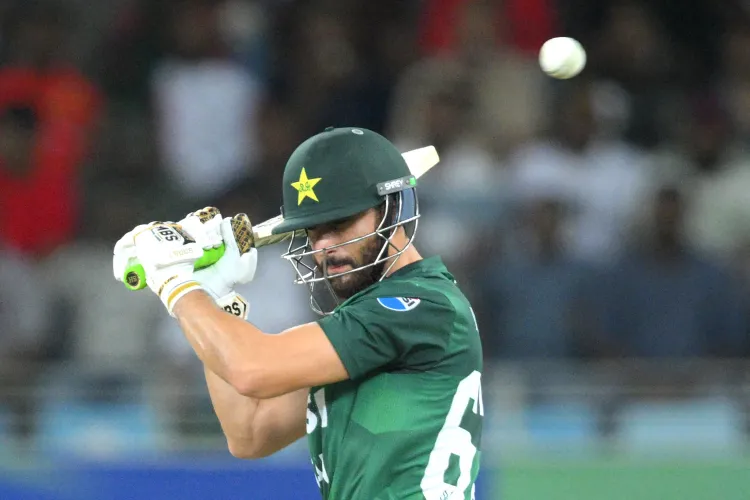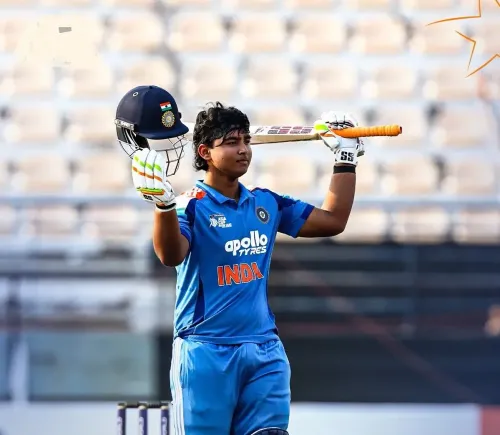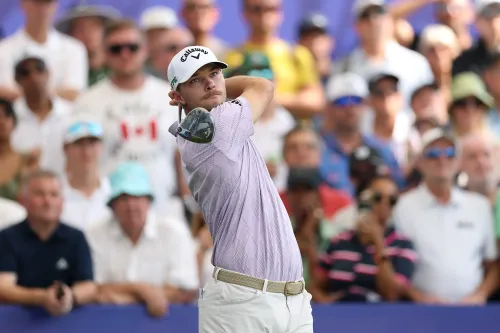Asia Cup: Why Is the Handshake Controversy Back Before the Final?

Synopsis
Key Takeaways
- Handshake controversy highlights ongoing tensions.
- Both teams are under pressure in the final.
- Salman Agha reflects on past mistakes.
- India remains unbeaten in the tournament.
- Players emphasize the importance of sportsmanship.
Dubai, Sep 27 (NationPress) As India and Pakistan prepare for their third encounter in the Men's T20 Asia Cup during Sunday’s final, the handshake controversy between the two nations has resurfaced.
India has chosen not to comment on their stance of avoiding handshakes with Pakistani players, a decision stemming from Pakistan’s support of the Pahalgam terror attack perpetrators. This comes after skipper Suryakumar Yadav dedicated India’s initial victory over Pakistan in the Asia Cup to the nation’s armed forces for their efforts in Operation Sindoor. In contrast, Pakistan's captain Salman Ali Agha openly addressed the issue during Saturday’s press conference.
Agha stated that throughout his career, he has never witnessed a team refusing to shake hands, emphasizing that players from both countries maintained this tradition even during more tense times. “I started playing U16 cricket in 2007. I never saw any teams not shaking hands. Even when Indo-Pak relations were worse, we still shook hands,” he remarked in Dubai, indicating that India would likely adhere to their policy in this final as well.
When questioned about India’s recent dominance, including two victories in the Asia Cup, Agha asserted that his players do not feel additional pressure as they face India for a third time. Despite India remaining unbeaten in the Men's T20 Asia Cup 2025 with six wins, he noted, “The final brings the same pressure on both teams. We don’t care what the Indian media says. For us, it's only about doing the basics right.”
Salman acknowledged that his squad made numerous errors in the past matches but is optimistic about rectifying them in the final. As for his personal performance, the Pakistan captain admitted to underwhelming contributions, aggregating only 64 runs in six innings with an average of 12.8 and a strike rate of 78.05. “Yes, I haven't performed well, and my strike rate hasn't been up to the mark. It's not necessary to bat at a 150 strike-rate but to play as per the demand of the situation,” he said.









